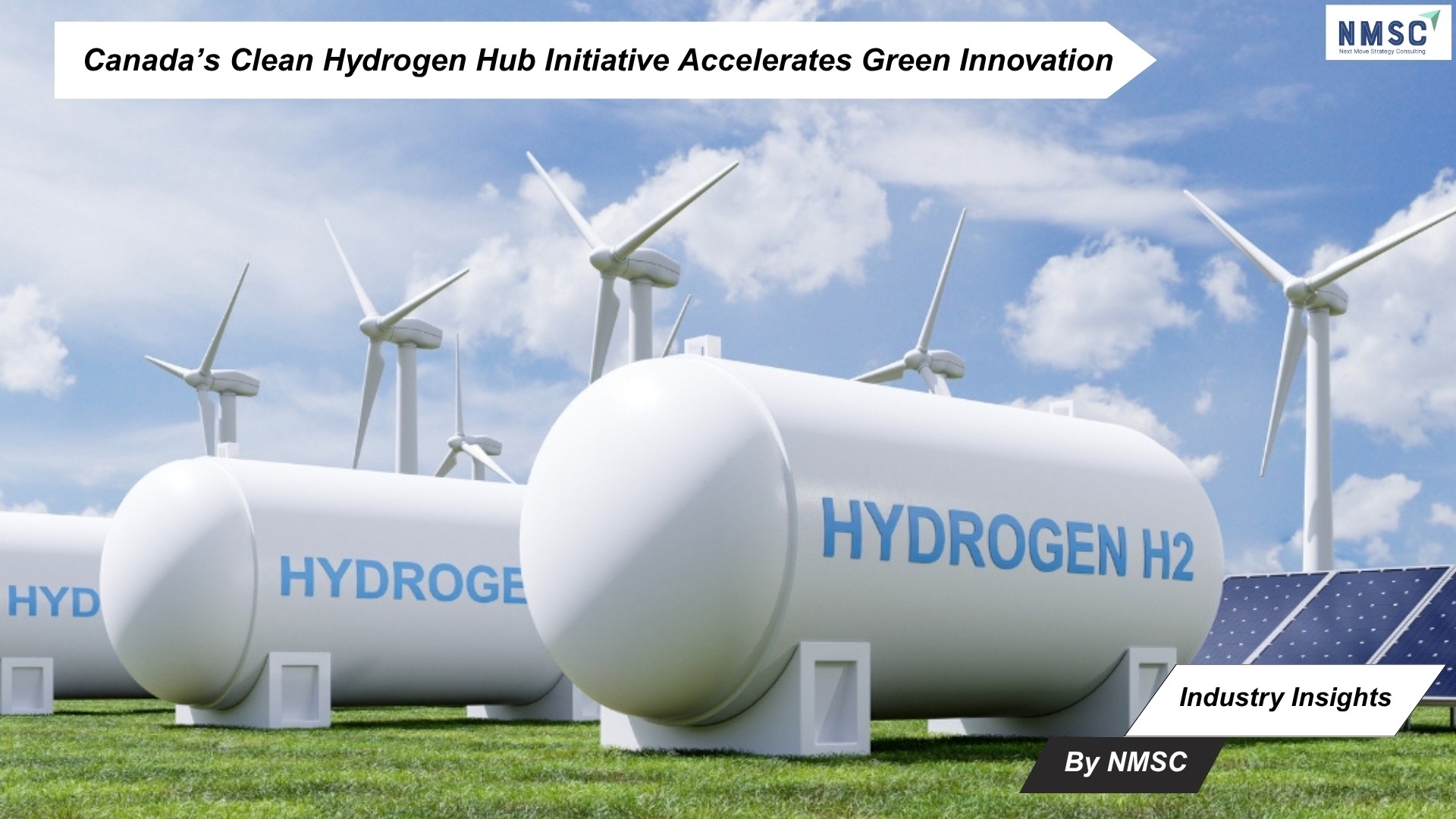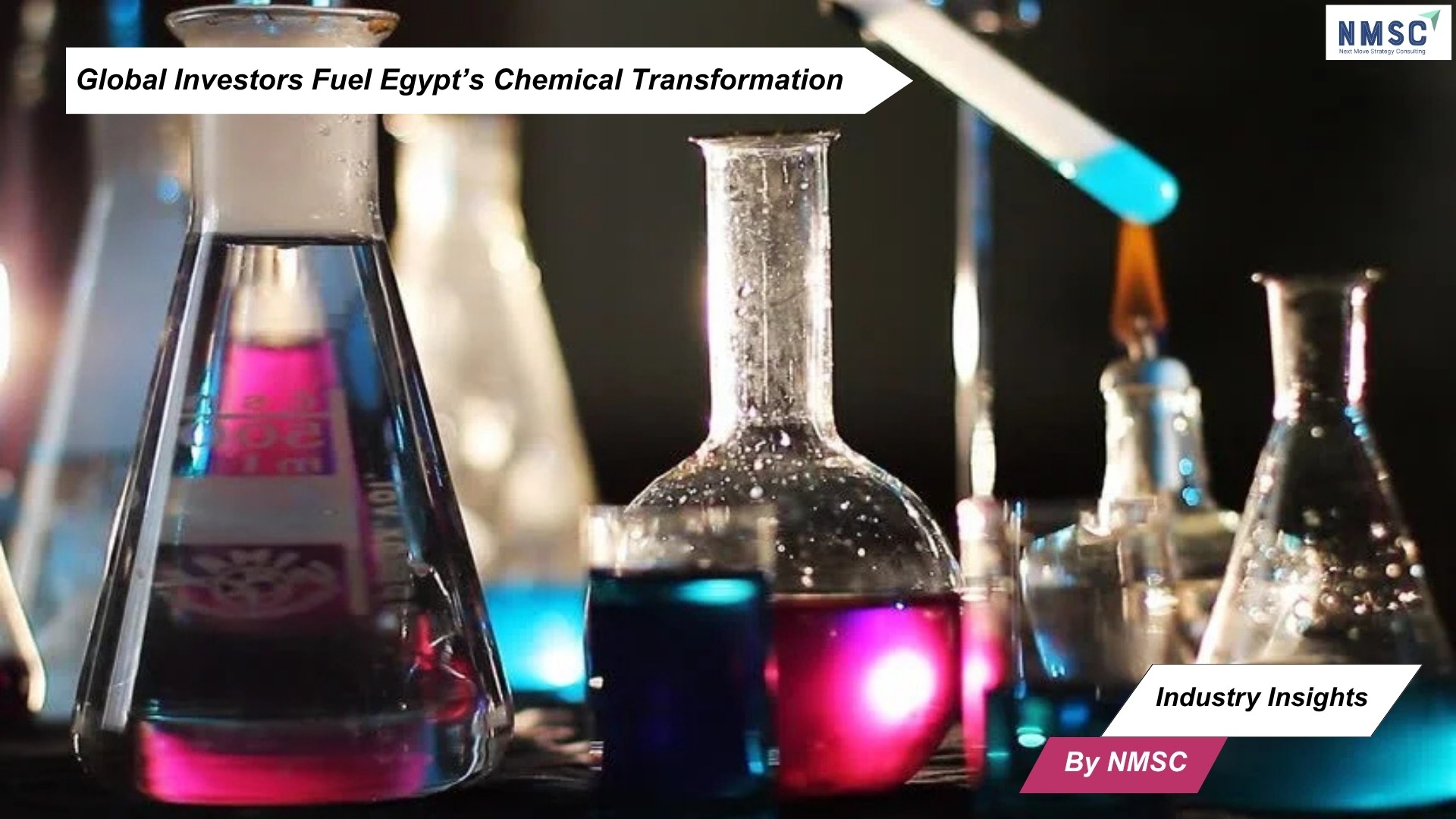Canada’s Clean Hydrogen Hub Initiative Accelerates Green Innovation
Published: 2025-07-22

Industry Insights from Next Move Strategy Consulting
As nations worldwide shift toward clean energy, investing in innovative technologies will strengthen Canada’s domestic economy and reinforce its role as a global energy leader. Through collaboration with academia and industry, the Government of Canada is creating new opportunities for homegrown talent and technology to tackle the global climate crisis.
Federal and Provincial Support Fuels Groundbreaking Clean Hydrogen Initiatives at Simon Fraser University
The Pacific Economic Development Agency of Canada (PacifiCan) has announced nearly $10 million in funding for two trailblazing projects spearheaded by Simon Fraser University (SFU), including Canada’s first academic-industry clean hydrogen energy initiative of its kind.
Of the total investment, over $9.4 million will go toward establishing a state-of-the-art Clean Hydrogen Hub at SFU’s Burnaby campus. This flagship project will also benefit from $1 million in support from British Columbia’s Centre for Innovation and Clean Energy, nearly $2.4 million from SFU itself, $1 million from the City of Burnaby, along with contributions from several additional partners.
Expanding Canada’s Clean Hydrogen Future Through Innovation and Investment
Hydrogen is a low-emission energy source, but its production remains expensive and often depends on fossil fuels. Across Canada, more than 80 low-carbon hydrogen production projects are underway, representing over $100 billion in potential investment tied to clean energy and job creation. The new hydrogen hub will serve as a resource for companies looking to develop and test emerging hydrogen technologies.
Key Investments Driving Innovation, Clean Energy, and Economic Growth
-
The Hydrogen Hub will give Canadian companies local access to essential resources to support innovation and technology development.
-
The project is expected to generate $104 million in revenue growth across multiple participating companies.
-
Advancing hydrogen as a clean fuel source will support Canada's commitment to achieving net-zero emissions by 2050, while creating jobs and ensuring sustainable energy production.
-
PacifiCan is investing $425,000 in Simon Fraser University to support the Lab2Market program through VentureLabs.
-
This pilot program offers graduate students and researchers tailored support to build entrepreneurship skills and efficiently commercialize their innovations.
Canada’s Role in the Expanding Global Hydrogen Economy
Reaching net-zero emissions requires either eliminating greenhouse gas emissions entirely or offsetting them through methods such as tree planting or carbon capture technologies. As part of this commitment, Canada’s Hydrogen Strategy sets an ambitious target: by 2050, clean hydrogen should account for 30% of the country’s end-use energy. Globally, the hydrogen economy is rapidly expanding and is projected to reach USD 263.5 billion by 2027. British Columbia plays a central role in this transition, housing more than half of Canada’s hydrogen and fuel-cell companies and contributing nearly 60% of the nation’s hydrogen-related research investment. Currently, 13 low-carbon hydrogen production facilities are operating across Canada, collectively capable of producing over 3,000 tonnes of low-carbon hydrogen annually—further positioning the country as a key player in the clean energy landscape.
Source: https://www.canada.ca/
Prepared by: Next Move Strategy Consulting
















Add Comment